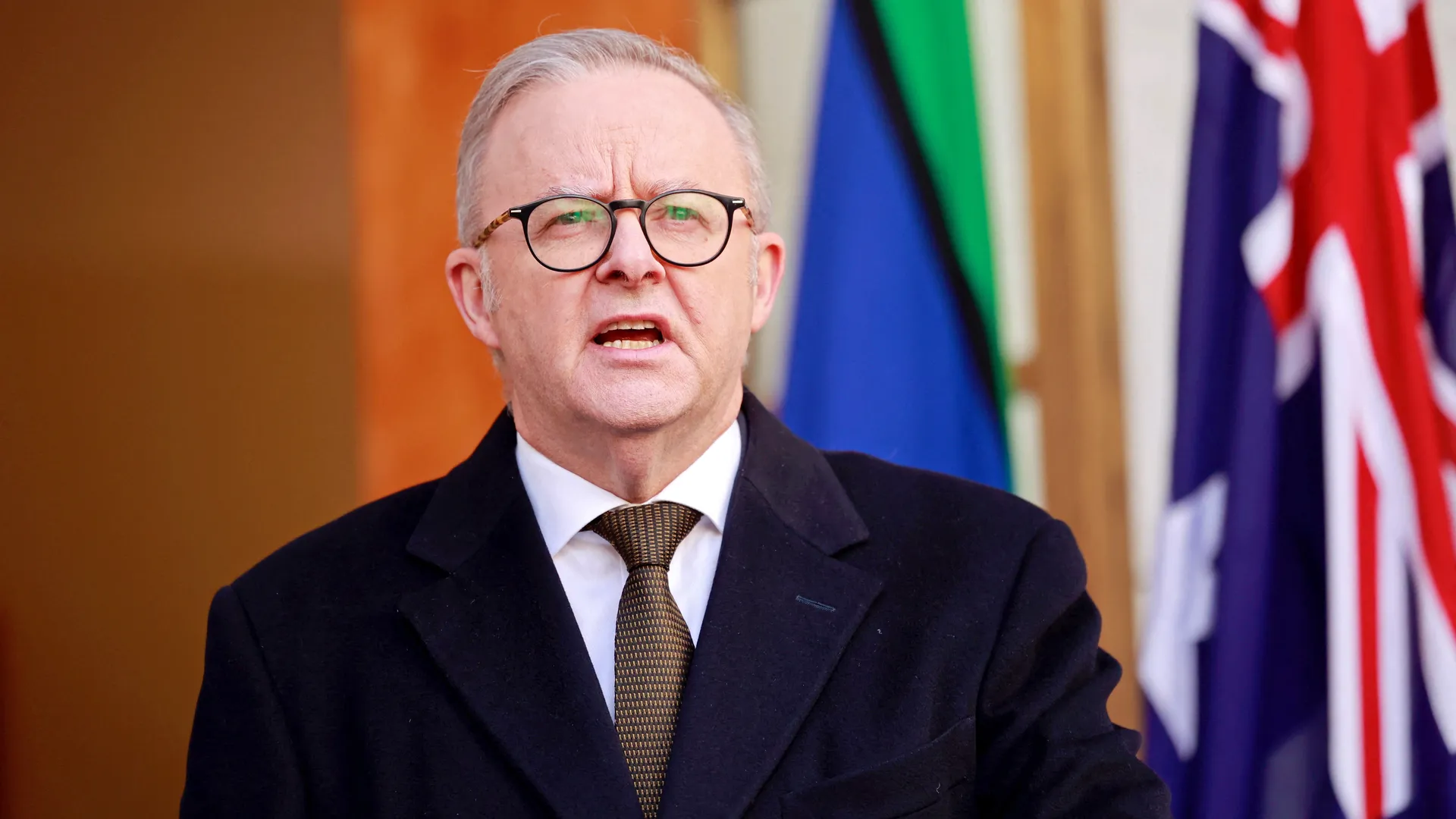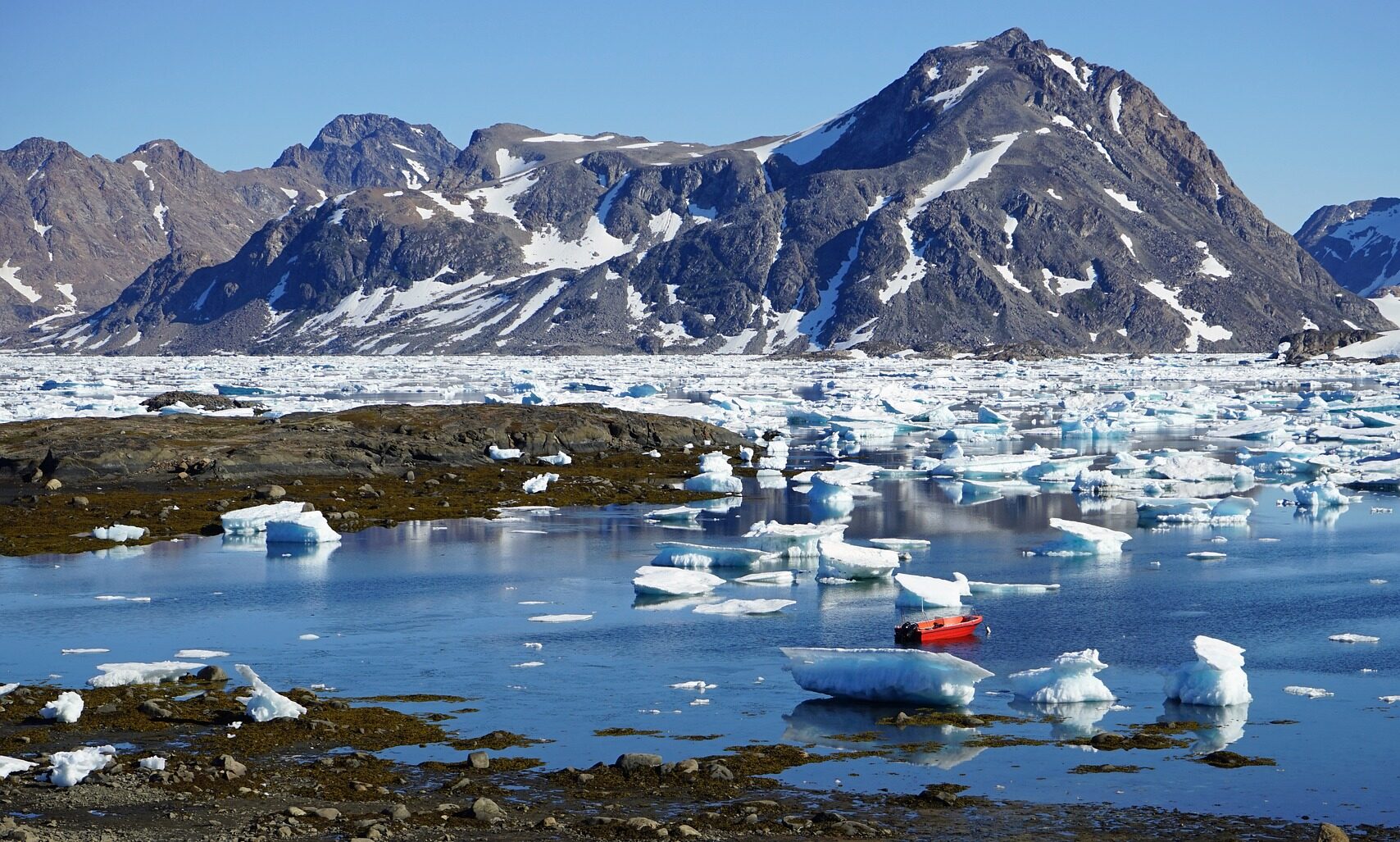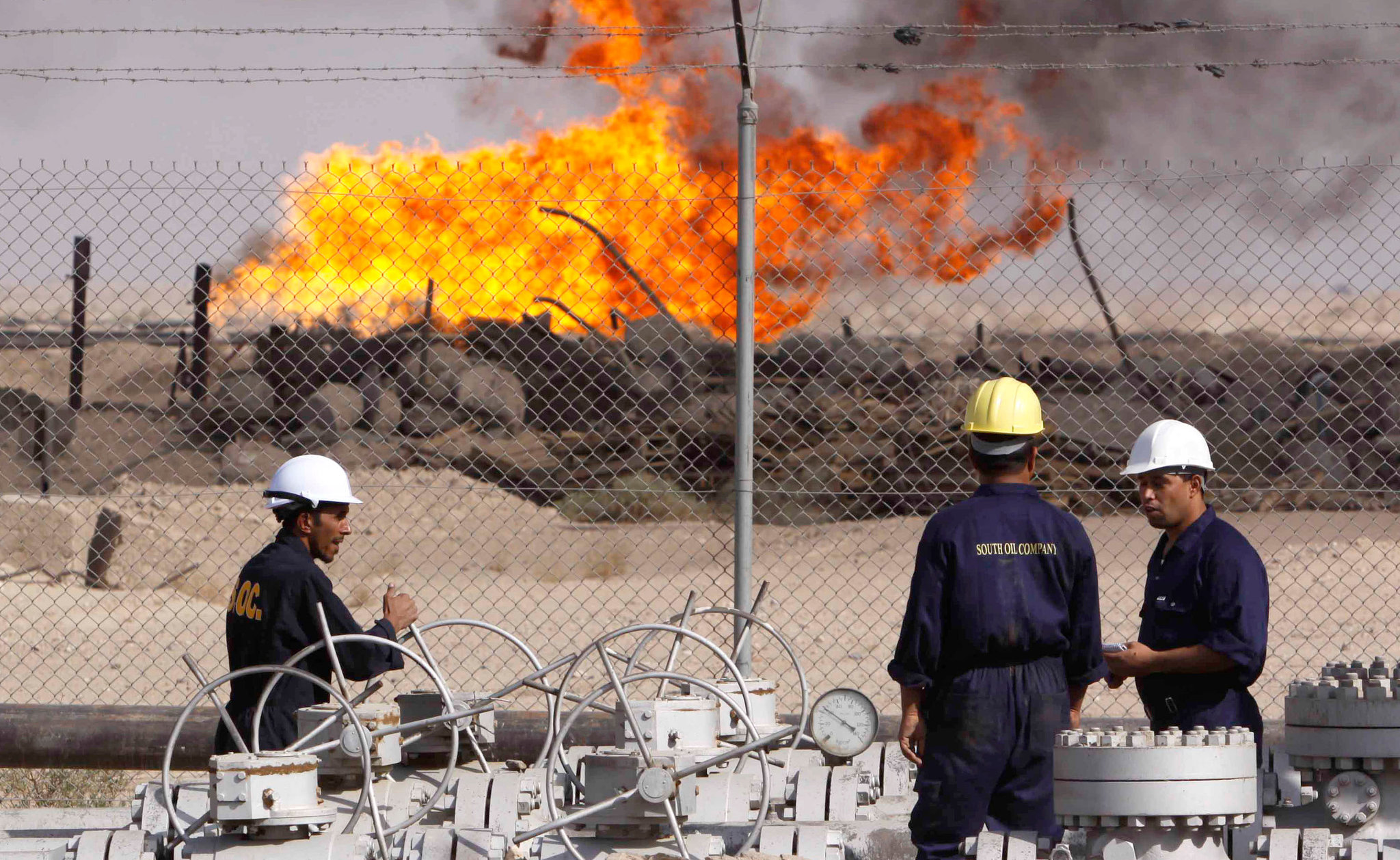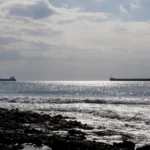Australia Moves Toward Recognizing Palestinian Statehood: Albanese Signals Historic Foreign Policy Shift

Australia is preparing to formally recognize the State of Palestine, Prime Minister Anthony Albanese announced, marking a potential turning point in the nation’s Middle East policy and aligning Canberra with a growing list of countries acknowledging Palestinian statehood.
Speaking at a press conference in Canberra, Albanese said the recognition is part of a broader commitment to a two-state solution — one that would see Israel and Palestine coexist peacefully within internationally recognized borders. The move, if carried through, would make Australia one of the most prominent Western powers to formally take this step in recent years.
“This is about acknowledging the legitimate aspirations of the Palestinian people and supporting a path to lasting peace in the region,” Albanese stated. “Recognition is not an endorsement of conflict, but a recognition that peace cannot be built on denial of identity.”
A Strategic Shift in Australian Diplomacy
Australia has traditionally maintained strong diplomatic and security ties with Israel while offering humanitarian aid to Palestinian territories. However, successive governments have stopped short of official recognition of Palestine, often citing the need for a negotiated settlement between the parties.
Albanese’s statement signals a departure from this cautious stance. Officials say the recognition would not be merely symbolic — Canberra is already exploring steps to enhance diplomatic representation in Ramallah and coordinate with other nations to support Palestinian governance and economic development.
International Context
The announcement comes amid escalating tensions in Gaza and the West Bank, and in the wake of heightened international criticism over the humanitarian situation in the region. In recent years, several European nations, including Sweden, Ireland, and Spain, have recognized Palestine, while others such as France have hinted at doing so should peace talks fail to advance.
The timing also coincides with shifting geopolitical realities. Australia, balancing its foreign policy between the US alliance and its increasing engagement with the Global South, is positioning itself as a supporter of international law and human rights, particularly in multilateral forums like the UN.
Domestic Reactions
Reaction within Australia has been sharply divided. Human rights advocates, Palestinian community groups, and progressive lawmakers welcomed the announcement as a long-overdue moral stance.
“Recognition is a necessary step toward ending decades of occupation and ensuring Palestinians can live with dignity and security,” said Randa Abdel-Fattah, a prominent Australian-Palestinian activist.
However, pro-Israel groups and opposition politicians have warned that recognition without comprehensive peace agreements could embolden extremist factions and undermine Australia’s relationship with Israel. Shadow Foreign Minister Simon Birmingham accused the government of “playing geopolitics with a deeply sensitive conflict” and urged Albanese to reconsider.
Economic and Strategic Implications
While the recognition of Palestine is primarily a political and diplomatic move, it could have ripple effects in trade, aid, and defense policy. Canberra is expected to increase aid programs in Palestinian territories, focusing on infrastructure, water security, and education. It may also participate in regional development initiatives alongside Gulf and European partners.
The decision could strain Canberra’s historically close ties with Israel, although Albanese emphasized that Australia remains committed to Israel’s right to security and self-defense. “We are not abandoning our friends,” he said, “but we are affirming our belief that only mutual recognition can end this cycle of violence.”
Next Steps
The Albanese government is expected to table the recognition motion in Parliament later this year, with a formal declaration potentially coming before year’s end. Diplomatic observers say the move could inspire other Asia-Pacific nations — including New Zealand, Malaysia, and Indonesia — to strengthen their own stances on Palestinian recognition.
If carried out, this would mark one of the most significant foreign policy shifts by Australia in decades, signaling not just a symbolic alignment with global opinion, but an attempt to actively shape the Middle East peace process from afar.
















